

|
Bunker Holding seeks student assistant for IT governance and contract team
Danish marine fuel supplier recruits part-time student for IT governance role in Middelfart. |
|
|
|
||
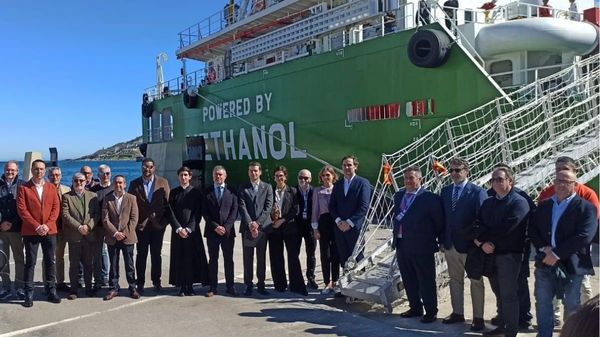
|
Vilma Oil Med deploys methanol-capable bunker tanker at Ceuta
Maya Cosulich can carry methanol and biofuels, features dual-fuel capability and mass flow meter technology. |
|
|
|
||
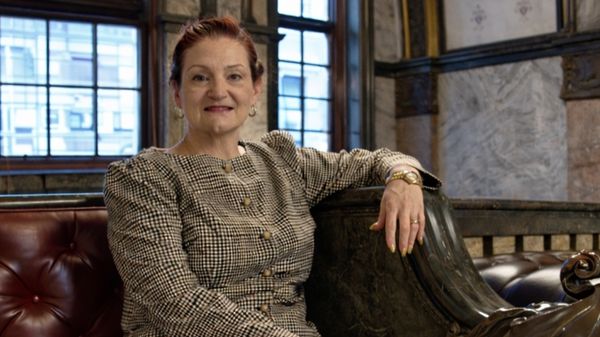
|
Anemoi Marine Technologies appoints Lloyd’s Register technical director to oversight committee
Claudene Sharp-Patel brings maritime operational expertise to guide wind-assisted propulsion development. |
|
|
|
||
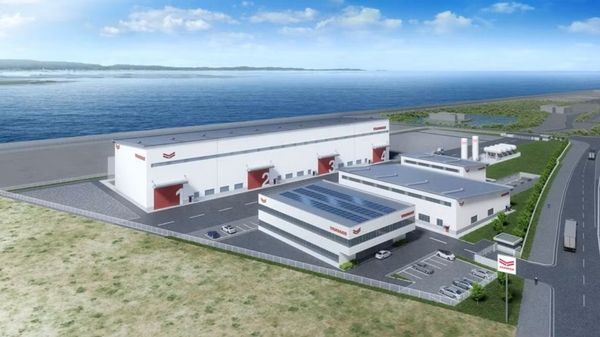
|
Yanmar to build hydrogen engine test facility in Japan by 2029
Japanese engine manufacturer acquires land for new factory to develop next-generation marine fuel technologies. |
|
|
|
||
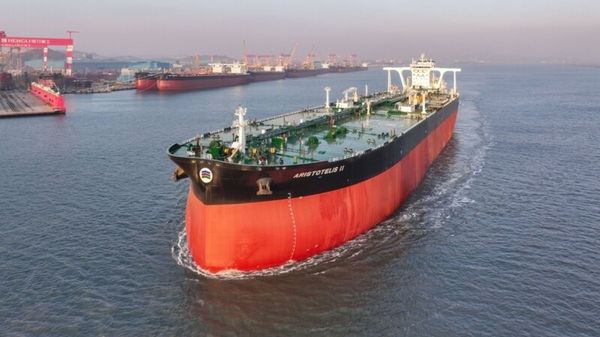
|
Capital Ship Management takes delivery of LNG-ready VLCC from Chinese yard
The 307,000-dwt Aristotelis II features energy-saving devices and scrubber technology. |
|
|
|
||
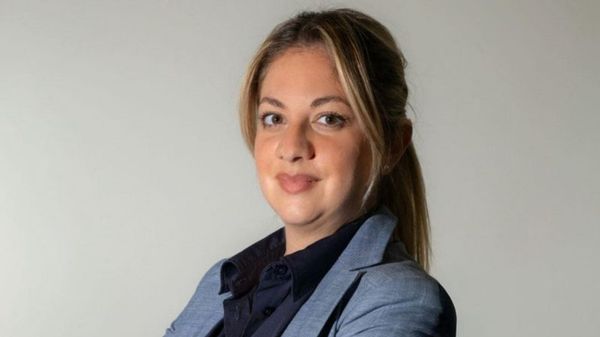
|
FLEX Commodities appoints Anthi Tsigkou as general counsel
Dubai-based trader brings in maritime law specialist with more than 15 years of industry experience. |
|
|
|
||
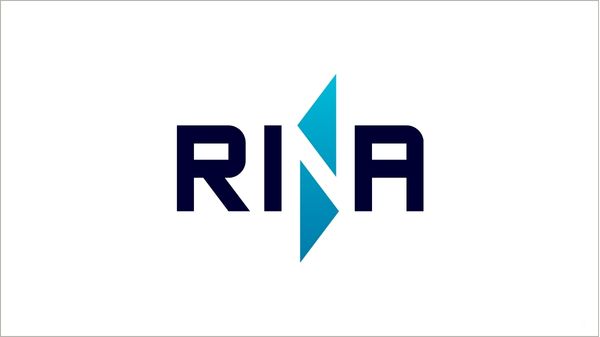
|
RINA releases white paper on low-carbon fuels for maritime and aviation decarbonisation
Classification society examines biofuels, hydrogen and e-fuels as regulatory frameworks accelerate compliance timelines. |
|
|
|
||

|
Fuelre4m fuel treatment achieves 8.7% consumption cut in Voyage Marine engine trial
Re4mx Diesel product also delivered 5% bollard pull increase in 12-hour test on twin-engine vessel. |
|
|
|
||
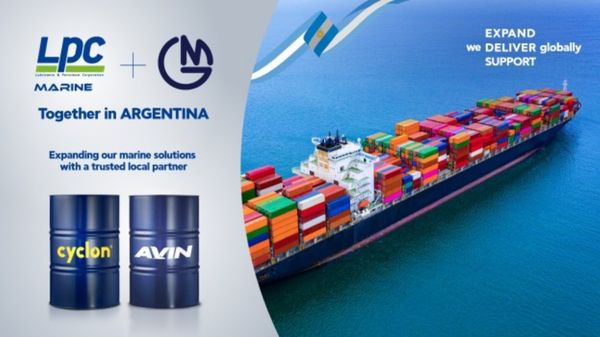
|
Gram Marine delivers first marine lubricants in San Lorenzo
Operation follows recent strategic partnerships with LPC and Servi Río. |
|
|
|
||
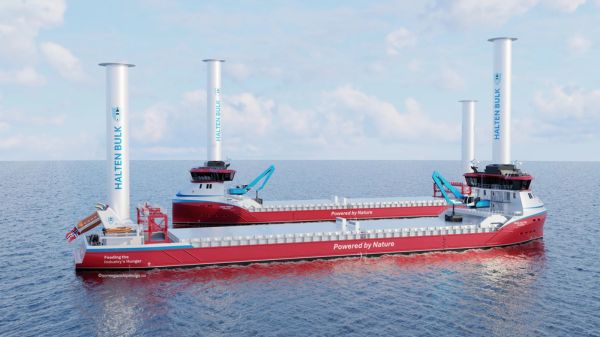
|
Halten Bulk orders wind-assisted bulk carriers with rotor sails from Chinese yard
Norwegian operator contracts two vessels with options for two more at SOHO Marine. |
|
|
|
||
| MGO plummets $70 in Brazil following pricing committee meeting [News & Insights] |